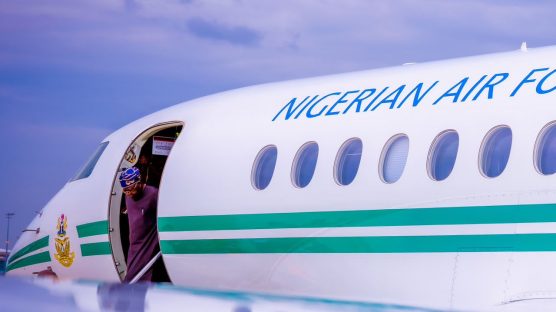In a compelling address at the sixth National Transport Conference 2024, held in Abuja, George Akume, the Secretary to the Government of the Federation (SGF), underscored the critical need for the integration of advanced technology in Nigeria’s transport sector to enhance efficiency and promote economic growth.
Represented by Maurice Mbaeri, the permanent secretary in the office of the SGF, Senator Akume highlighted the transformative impact that technology has had on global transportation systems. He stressed that modern digital solutions have significantly reduced traffic congestion, shortened travel times, and optimized routing, benefits that Nigeria’s transport sector must leverage to remain competitive.
“Technology will enhance safety through predictive maintenance, real-time monitoring, and automated emergency response,” Akume stated, emphasizing that these advancements not only improve the reliability of transport services but also provide a safer experience for users. He further explained that customer experience could be vastly improved with personalized services, seamless payment systems, and real-time information, pointing to technologies such as smart traffic management, digitalized railway corporations, automated railway signaling, and payment platforms like Interswitch and Paystack as vital tools.
The SGF also shed light on the potential environmental and economic benefits of adopting innovative technologies. “Application innovation will help environmental sustainability by reducing emissions, optimizing fuel consumption, and offering eco-friendly alternatives,” he said. He added that this shift would stimulate economic growth by creating jobs, increasing productivity, and fostering economic development.
Akume called for significant investment in digital infrastructure to support these advancements. He noted that comprehensive investment is crucial for the transport sector to effectively bolster trade and facilitate the growth of Nigeria’s economy. He revealed that a new policy aimed at enhancing the regulatory framework for land transport systems is currently awaiting approval from the Federal Executive Council.
Segun Obayendo, President of the Chartered Institute of Transport Administration (CIOTA), also delivered remarks at the event, noting that the conference theme, “Sustainable Transportation in a Disruptive Era: the Challenges of Developing Economies” was thoughtfully chosen to address ongoing challenges in the sector. Obayendo urged stakeholders to collaborate and play active roles in improving the transport sector’s integrity and sustainability.
The conference, chaired by Senator Akume, served as a platform to underscore the necessity of embracing technology for the progress of Nigeria’s transport sector, aligning with global best practices for sustainable and efficient transportation.

